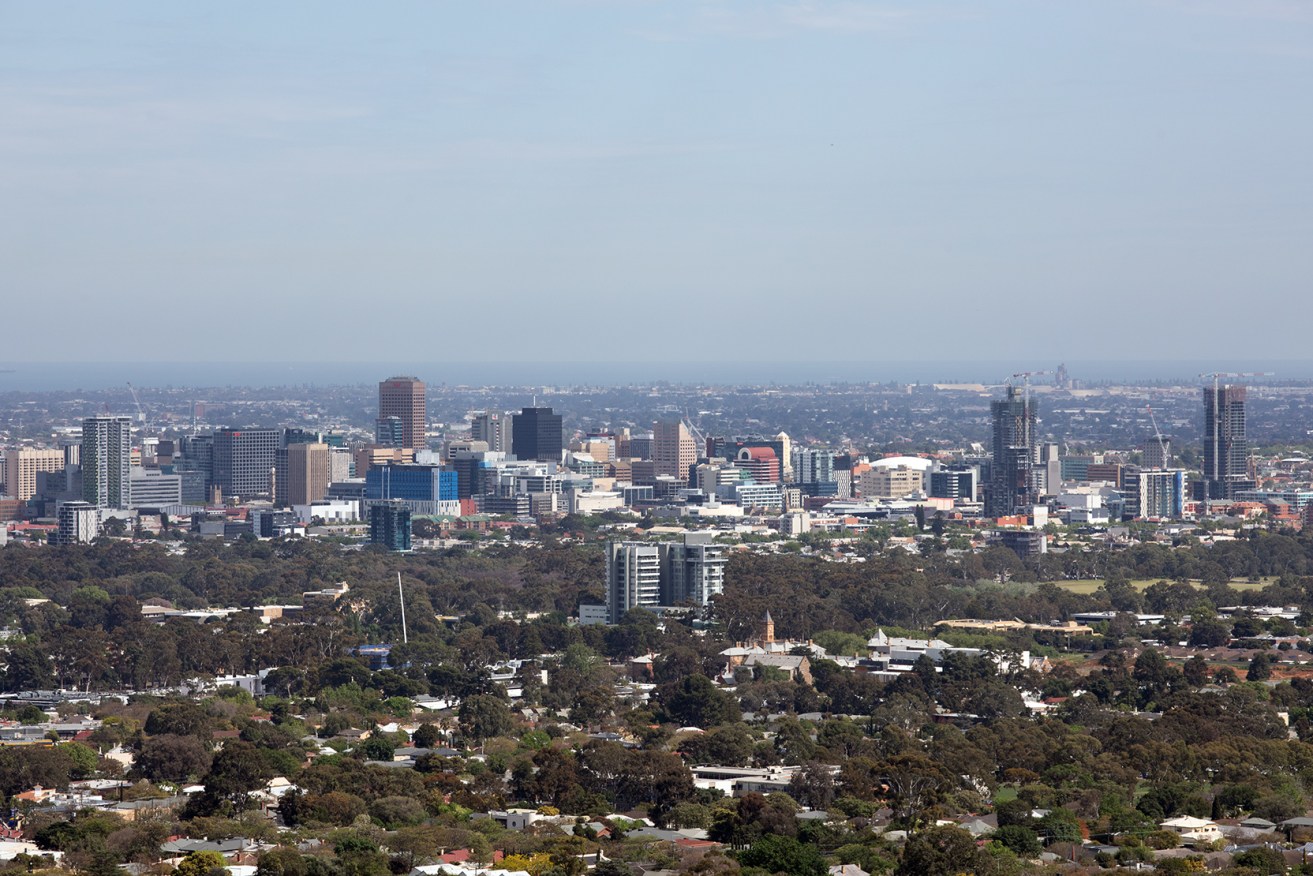Land tax revenue should be directed at SA’s public housing scandal
Government policies have prioritised investors over affordable housing, argues Greg Ogle. So why not reverse that situation by using increases in land tax revenue to rebuild the state’s once-proud record in public housing?

SA housing policies have allowed investors to "crowd out" the lower end of the property market. Photo: Tony Lewis/InDaily
While much of the discussion on alleviating poverty has been on the undeniable need to raise Newstart and other base-level social security payments, SACOSS also wants to encourage a different approach to the land tax debate currently raging in South Australia.
How is poverty linked to land tax? Simple. Affordable housing – or the current lack thereof.
Housing affordability figures are confronting. Anglicare’s Annual Rental Affordability survey found that just 3 per cent of rental properties in Adelaide were affordable for all households on income support; only 40 per cent were affordable for those on the minimum wage. The SA Government’s own data shows that while there are 6000 homeless people across the state, there is a further unmet demand for affordable housing for around 56,000 households.
Sadly, these affordability issues are not an accident. The housing market is shaped by a range of government regulations and policies, including tax incentives, which have prioritised investors over a fairer housing market across the board.
At a federal level, capital gains tax discounts and negative gearing provisions privilege investors in the housing market over those trying to buy a home to live in. Within South Australia, the ability to avoid state land taxes through trusts and complex ownership structures provides investors with an incentive to crowd out the lower price end of the property market.
Over the last 30 years, we have seen a significant increase in the proportion of the South Australian population who are renting, while there has been a similar decrease in those who own their own home. There has also seen a change among renters – who is renting, and where they are renting from.
There are more people renting from private landlords and there is a decline in the proportion of renters in public and community housing. This decline is due, in part, to the staggering loss of around 20,000 social housing tenements over the last 25 years. This decline of the once-landmark South Australian public housing estate should be viewed as a scandal – both for our most vulnerable people who need public housing support, and because public housing impacts on the wider housing market and underpins housing affordability more generally.
In this context, it is hugely disappointing that in the development of its SA Housing and Homelessness Strategy, the State Government has, thus far, given no commitments to investing in and rebuilding South Australia’s public housing estate.
The issue of housing affordability also seems to be largely absent from debates raging around the government’s proposed changes to land tax. The debate is framed around investor concerns rather than affordable housing – that is, the weight is on private rather than public interests.
In regards to the amendments proposed in the State Government’s draft Land Tax Amendments Bill, SACOSS is suggesting a decrease in the large discount currently being proposed for the very largest landowners. We are also suggesting an increase in the proposed surcharge on trusts where there is no disclosure of who the ultimate landholders are. The revenue saved from these changes, perhaps as much as $20-$30 million per year, could be invested in developing public housing.
Under the SACOSS proposal, landowners would still get a reduction in the top rate of land tax, but there would also be a benefit to those most in need in the housing market.
The proposed changes to aggregation will remove the incentive for investors to target low-price properties, while tax revenue gained from these changes could and should be used to rebuild our state housing.
Changes to land tax can help with housing affordability and support a more equitable housing market. That would be a good outcome for a bill introduced to parliament last week – during Anti-Poverty Week.
You can read SACOSS’s submission here: https://www.sacoss.org.au/draft-land-tax-miscellaneous-amendments-bill-2019
Greg Ogle is SACOSS policy co-director.




